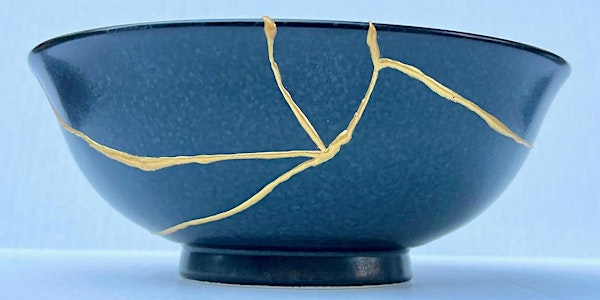
Complex-PTSD: Perspective of a Clinician with Lived Experience
Learn about the causes, symptoms and treatment of this misunderstood, often-missed presentation from a professional with lived experience.
Date and time
Location
Online
Refund Policy
About this event
- 3 hours
Workshop content
While Complex-PTSD as a presentation is widespread, there is no DSM-5 Complex-PTSD classification and most clinicians are not trained to recognise or treat it. As a result, Complex-PTSD survivors are generally not diagnosed at all or misdiagnosed with the symptoms of their condition (depression, anxiety, substance or process addictions, relationship problems, eating disorders, personality disorders etc.). The outcome is unnecessary suffering and opportunity for healing lost as Complex-PTSD survivors spend a lifetime treating surface symptoms with the underpinning aetiology left unaddressed. Even when Complex-PTSD is identified, treatment is often inappropriate, leading at best to minimal progress and at worst to further traumatisation.
The aim of this interactive webinar, based on research and the facilitator’s clinical and personal experience of recovery, is to unpack and differentiate the relational trauma of Complex-PTSD from single-event trauma (i.e. PTSD) and help clinicians to understand its unique aetiology, manifestations and appropriate treatment so that their clients’ recovery is supported.
Areas covered include:
- Importance of appropriate diagnosis and psycho-education
- Dysfunctional family of origin roles (including parentification and its impact)
- Co-dependent and counter-dependent adaptations to childhood trauma
- The perils of Spiritual by-pass: taking the wrong turn on the road of recovery
- Complex-PTSD v Borderline Personality Disorder: similarities and differences
- Important traits and symptoms not commonly associated with Complex-PTSD
- Treatment modalities suited for different stages of the recovery process
- Working with Complex-PTSD in short-term treatment
- Importance of working with anger in treatment and recovery
- Distinguishing trauma-informed care from client fragilisation
- Important non-clinical supports
- Overview of the presenter’s experience of wounding, recovery and clinical work as a Complex-PTSD survivor & wounded healer
Testimonials from course participants:
“What I liked best was the focus on family systems and in particular dysfunctional family roles.”
“Thank you for your honesty around your journey with trauma, recovery and the relationship to your practice. Your personal insights were incredibly valuable.”
“This presentation was brilliant, articulate and concise, thank you.”
“So much information! It was very comprehensive and thought-provoking.”
“Really great insights to understanding [the] condition and treatment.”
“Excellent and useful information. Michael has a depth of experience and makes it easy to understand and absorb.”
“Thank you. Michael's presentation was very professionally presented, thorough, and helpful.”
“Wow - very clear info on a very complex subject. I appreciate the slide notes as needed to re-read to absorb.”
"Especially good as Michael spoke from personal experience of C-PTSD."
“Really informative, great slides. Michael is a great presenter.”
"I would definitely recommend. Great presentation with expert knowledge and well organised. Thank you."
"I gained amazing insight and knowledge from this webinar, thank you!"
"I liked that it was so comprehensive and informative - demonstrated using a holistic approach to C-PTSD. Understandable ... easily integratable into the support of clients."
About the facilitator
Michael is an addiction, trauma and interpersonal process group therapist as well as a psycho-education facilitator and clinical educator. His clinical background includes working for Royal North Shore Hospital Herbert Street Clinic, Northside Clinic and St. John of God as an addiction therapist, as well as teaching trauma-informed care and counselling skills in VET and university sectors.
Michael is a member of Psychotherapists and Counsellors Federation of Australia, and his qualifications include Master of Adult Education (HR Development), Master of Ethics and Legal Studies (Managing Change) and Master of Counselling and Psychotherapy. He has completed training in Gestalt and Psychodynamic counselling skills, among others.
Michael is a childhood trauma survivor and a recovering co-dependent who has completed extensive course of his own 1:1 and group psychotherapy. He is a member of the Adult Children of Alcoholics & Dysfunctional Families 12-step fellowship and has a deep commitment to raising awareness of, and facilitating recovery from, Complex-PTSD. Michael has 30 years of Complex-PTSD recovery experience, which has included various wrong-turns as well as breakthroughs, and is uniquely placed to speak on the topic of Complex-PTSD.